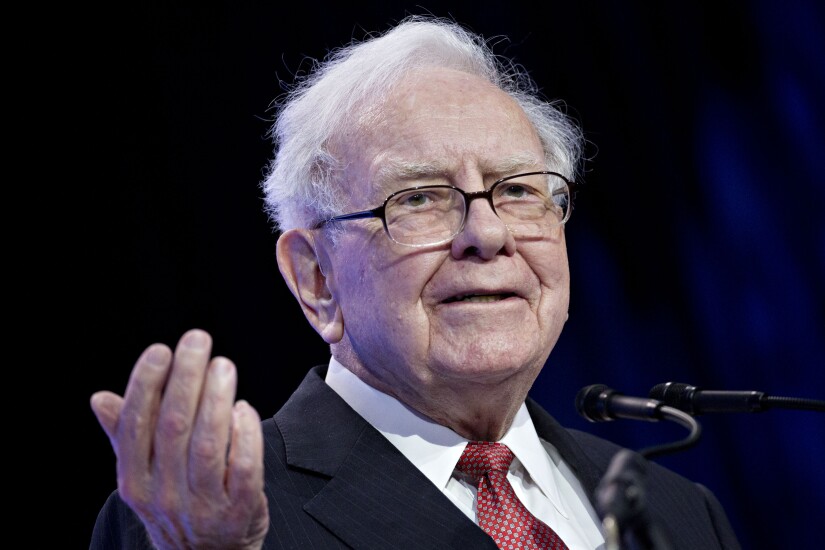
Some 13 years after Warren Buffett-led Berkshire Hathaway made a $5 billion investment in
It's just the latest example of Buffett making a big bet on a troubled financial institution — and profiting handsomely.
Back in August 2011,
Buffett
Less than 24 hours after the two men eventually connected, they signed a deal. Years later,
Throughout his legendary career, the 94-year-old investor has bought bank stocks when they're low and taken big profits from the investments, though he has not always executed his exit flawlessly.
What follows is a look at four instances of Buffett's pattern, starting with an investment he made roughly 60 years ago.









